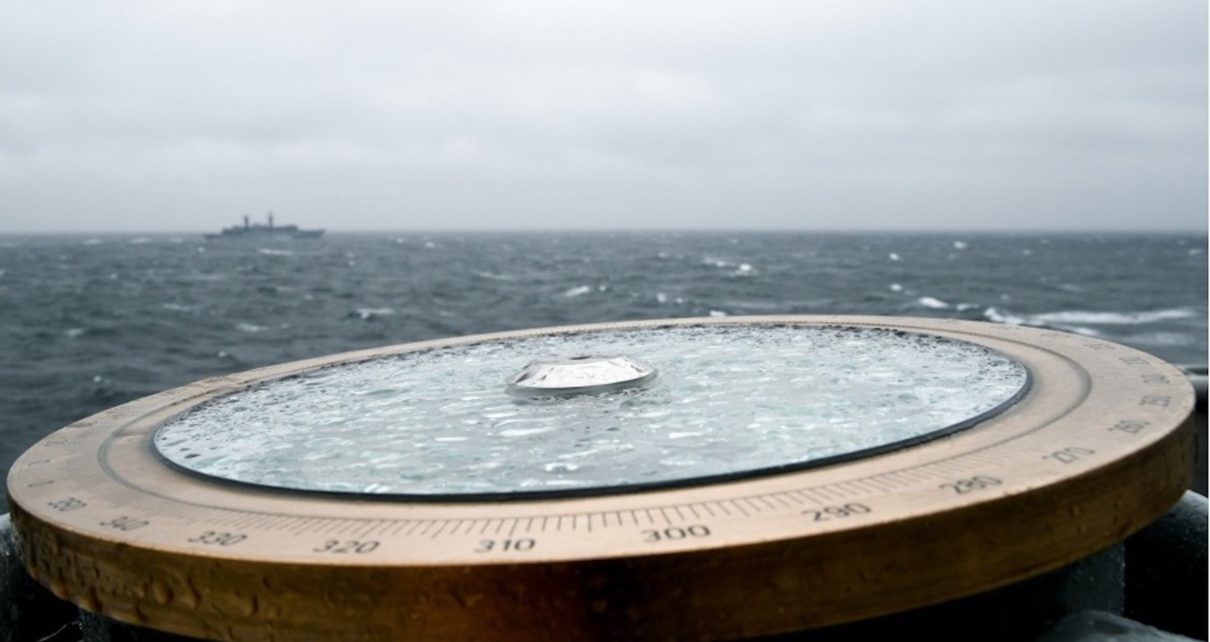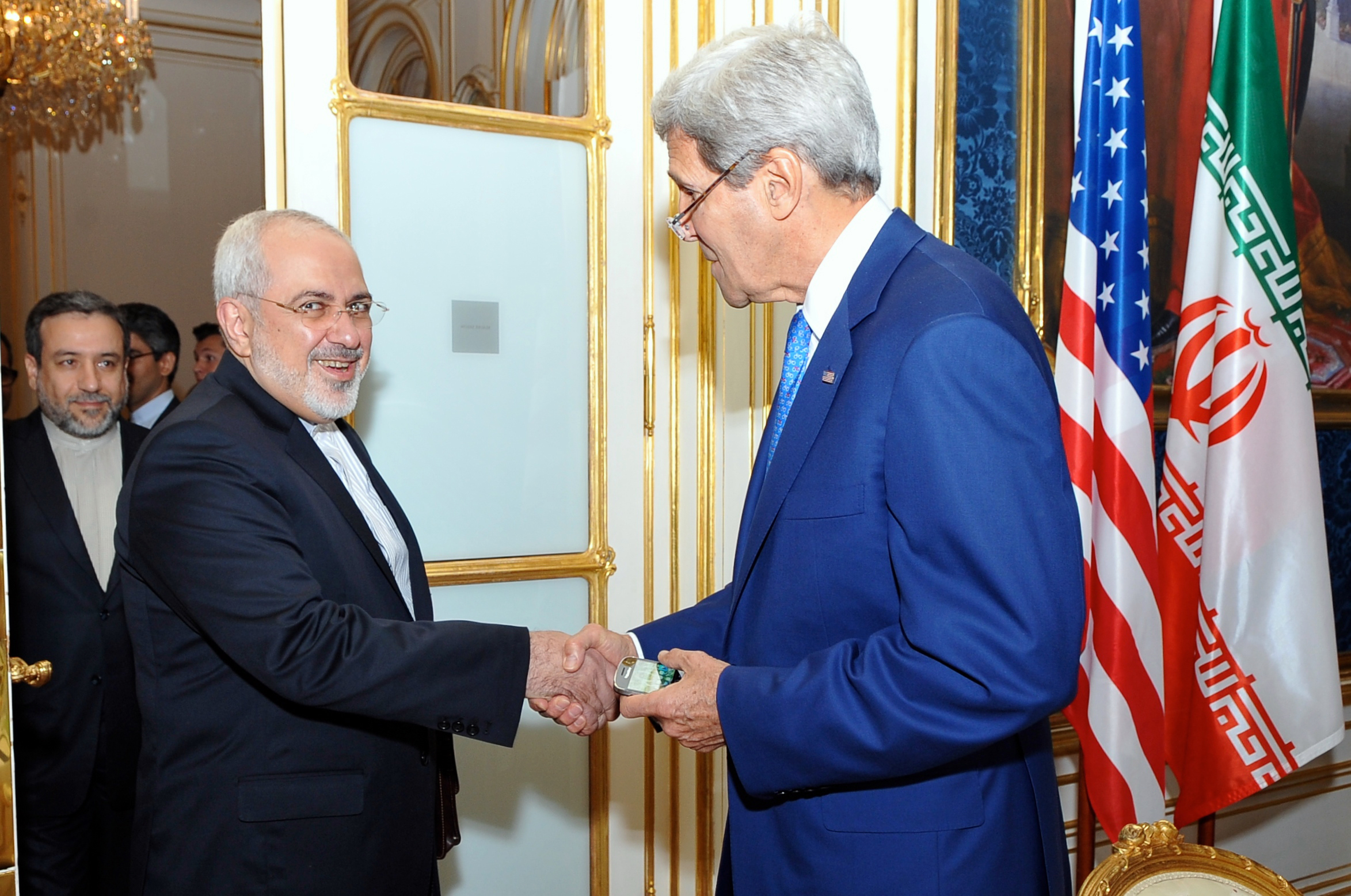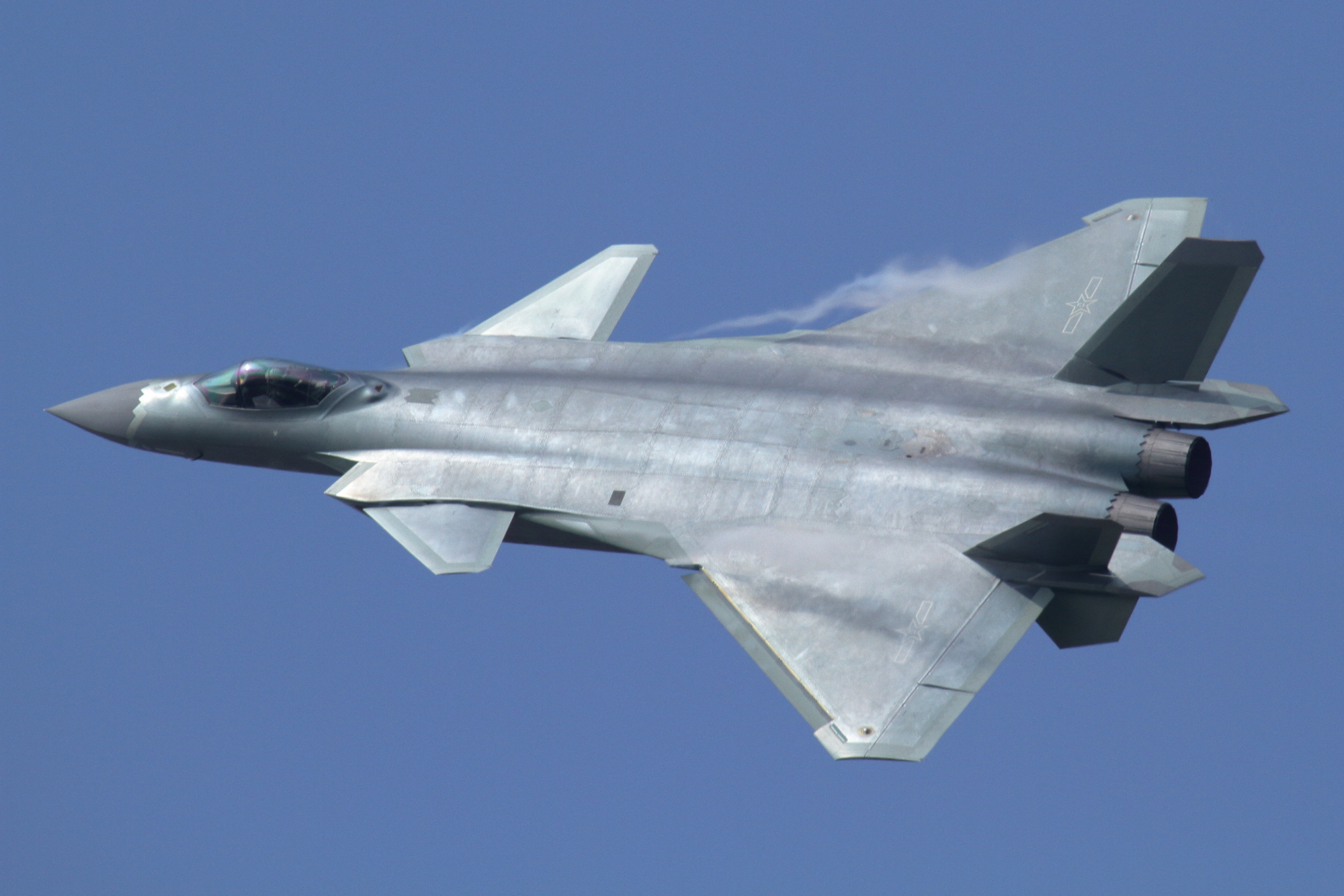International society, once marked by predictable institutions and norms, is now increasingly marred by violations of international law and uncertainty. Near-daily disruptions, including territorial aggression and economic coercion, are undermining the global equilibrium upon which decades of peace and prosperity depended. The present utility of NATO lies in its ability to salvage the transatlantic bond, ensure cohesion among its members, and deliver on its promise to interdict threats to North Atlantic security – all within the bounds of international law. That’s a tall order.
Greenland is a flashpoint in this challenge. As former Chair of the NATO Military Committee Rob Bauer noted in his speech during the Arctic Circle Assembly in 2023, “The increased competition and militarisation in the Arctic region, especially by Russia and China, is concerning. The melting ice in the Arctic is creating new sea routes that would facilitate the movement of large vessels and shorten navigation times.” Its vast size, proximity to North America, and mineral wealth have amplified Greenland’s strategic salience in Arctic affairs.
At this critical juncture, Greenland’s fate can either strengthen or strain the transatlantic bond, and navigating this narrow strait will be tricky. The question of Greenland’s future throws into sharp relief the Western values that the rules-based international order – and by extension, NATO – are built upon. It comes down to the matter of whether the American claim on Greenland is predicated on a legitimate concern about a security vacuum threatening the North Atlantic Community’s northern flank, or whether it is rank Manifest Destiny, “expanding territory” dressed up as a security “necessity.” NATO can countenance the former, but not the latter. Yes, NATO is primarily concerned with safeguarding its members’ territorial security, but it explicitly avows international law as enshrined in the UN Charter as well. These two commitments need not conflict with one another. The former must be pursued in conformity with the latter.
On the face of it, Greenland’s geographic location provides all of NATO with critical advantages for collective defence and Arctic readiness, so the American interest in the island is not without foundation. This is a point conceded by academics who also have a commitment to international law. Greenland is a strategically crucial, vast territory, one of the fronts on which the new, multipolar global competition is likely to play out. It is likely that it will be an object of attention at the 2025 NATO summit in The Hague. A particular significance of this territory for Canada is that it is directly relevant to the capabilities of the North Warning System. Finally, minerals and untapped energy reserves located in Greenland, vital to economic security, could reduce the North Atlantic Community’s dependency on non-allied nations for these materials.
While Greenland holds out tantalizing strategic benefits for NATO, it also has the potential to cause tension within the alliance. Greenland’s status as an autonomous territory within the Kingdom of Denmark complicates US-Denmark diplomacy. American proposals to annex Greenland are starting to strain its relations with Copenhagen. And the United States’ designs on Greenland’s natural resources, including rare earth minerals, may stoke further tension with other NATO members and partners competing for them.
A solution to the quandary of protecting Greenland and the Arctic from Russia, China, and other would-be aggressors while upholding international law and managing competition over Greenland’s resources is for NATO to take a more active role in safeguarding the island, not to stay out of its business – with all due respect to Secretary-General Rutte’s recent statement to the contrary.
Firstly, the Trump Administration complains that other NATO members do not do enough to bear the burden of North Atlantic defence. Okay, then: Why not allow the entire North Atlantic Community – all 32 NATO states – to defend Greenland and the Arctic using their collective resources? It should not be a burden for such a large consortium of states to do so. Give Washington’s words back to them. Why is it necessary for the United States to “get” the island to guarantee its security? If it does not want to shoulder the burden of defending “freeloading” Europeans, then it should be relieved of the burden of defending Greenland. Their wish is granted. Problem solved. This should be publicly proposed at the North Atlantic Council to lots of press coverage. If Washington refuses to take the deal, then that exposes its ambitions in Greenland as a land grab, not a good-faith argument about “international security,” and its complaints about burden-sharing will ring hollow.
Secondly, if the United States is concerned about the threat Russia allegedly poses to the Arctic – necessitating, so the argument goes, its annexation of Greenland – then Washington should be confronted with the question of why it isn’t taking a harder line on Russia globally. Why is it not leaning into Russia with full-bore support for Ukraine? Surely weakening Russia in Ukraine would probably do more to advance US security vis-à-vis Russia than seizing Greenland. It is as yet unclear exactly how US possession of Greenland would enhance American security over and above its current arrangement with Nuuk, yet the prospect of a Russian defeat in Ukraine holds much greater promise for weakening Moscow as a geopolitical foe. Does Washington really want to keep Russia in check, or is there something we’re not being told? If Washington won’t take Russia seriously where it really counts, why should the world take Washington’s “concerns” about Russian threats to Greenland and the Arctic seriously?
Thirdly, leaders of other NATO powers should diplomatically but cunningly work the way they talk about the preservation of Denmark’s sovereignty and Greenland’s territorial integrity into their ongoing discourse about NATO’s commitment to Ukraine. They should stress that the world is at an inflection point at this historical juncture, one in which democracies are upholding the institutions of international society, including respect for territorial inviolability, and that this fight is being waged simultaneously on multiple fronts: Ukraine, Greenland, Taiwan, and elsewhere. Other NATO members should embarrass Washington by associating Trump’s territorial ambitions in Greenland with Vladimir Putin’s designs on Ukraine, pointing out the similar rhetoric they use to justify their imperial dreams and the role that pillaging resources plays in these adventures. The influence of Elon Musk and his avaricious pursuit of critical minerals for his business interests should be called out plainly. These insinuations will undoubtedly annoy the Trump Administration – and put Washington on the defensive. This is desirable. NATO states need to stop tip-toeing around the MAGA government’s feelings, given that its leaders show utter disdain for diplomatic protocol and tactfulness. Two can play at that game. It’s time to use guilt by association for all it’s worth.
Trump’s aversion to multilateralism and skepticism of NATO’s benefits to America could make the offer of greater NATO involvement in Greenland a tough sell. On the other hand, Trump’s emphasis on strategic competition with China may provide an opening for NATO allies to convince him of its consistency with his objectives. Meanwhile, NATO states should steal the march on Washington and make NATO’s presence in Greenland a fait accompli, rather than waiting for permission from the Trump Administration to do something. Currently, the United States has a paltry 200 personnel stationed in Greenland. What if Nuuk could be persuaded by other NATO states – especially the Scandinavian states – to invite their armies to station troops in Greenland as…say…“observers”? This would not be a formal NATO deployment, just a series of bilateral initiatives between Nuuk and various other NATO countries exercising their own respective prerogatives to conduct foreign policy. But the presence of a larger Allied force on the ground in Greenland would certainly complicate the plans of the Trump Administration to seize Greenland by force, if indeed that is what it is contemplating. It might also provide added impetus for Washington to simply yield to a NATO presence in the region rather than pursue formal annexation.
Models exist that demonstrate the possibility of peaceful negotiation of territorial disputes that do justice to both parties’ respective sovereignty and security concerns. The latest treaty between the UK and Mauritius, signed in 2024, following rounds of diplomatic talks and negotiations, is a prime example. Despite being caught in the tension and patriotic fervor of the initial heated wave of political declarations from both parties, one party – the UK – retained a key strategic military base in the Chagos Archipelago and capitalized a trust fund for the benefit of the other, Mauritius, which obtained formal sovereignty over the islands. This could serve as a model for NATO’s arrangement with Nuuk.
To ensure its long-term relevance and efficacy, NATO must adopt an approach to Greenland that prioritizes its transatlantic bond and keeps the pursuit of collective defence within the guardrails of international law. This includes deepening ties among its member states, even to the point of counterbalancing against Washington’s influence within the organization. To this end, a coalition of the willing of NATO members should insist with one voice that the entire community of NATO states take on the role of guaranteeing Greenland’s security while upholding the inviolability of Denmark’s regency over the island until Greenlanders formally gain independence, and then uphold Greenlanders’ desire to choose their own destiny.
Photo: A compass in the North Atlantic. Courtesy of NATO, via Allied Maritime Command.
Disclaimer: Any views or opinions expressed in articles are solely those of the authors and do not necessarily represent the views of the NATO Association of Canada.




